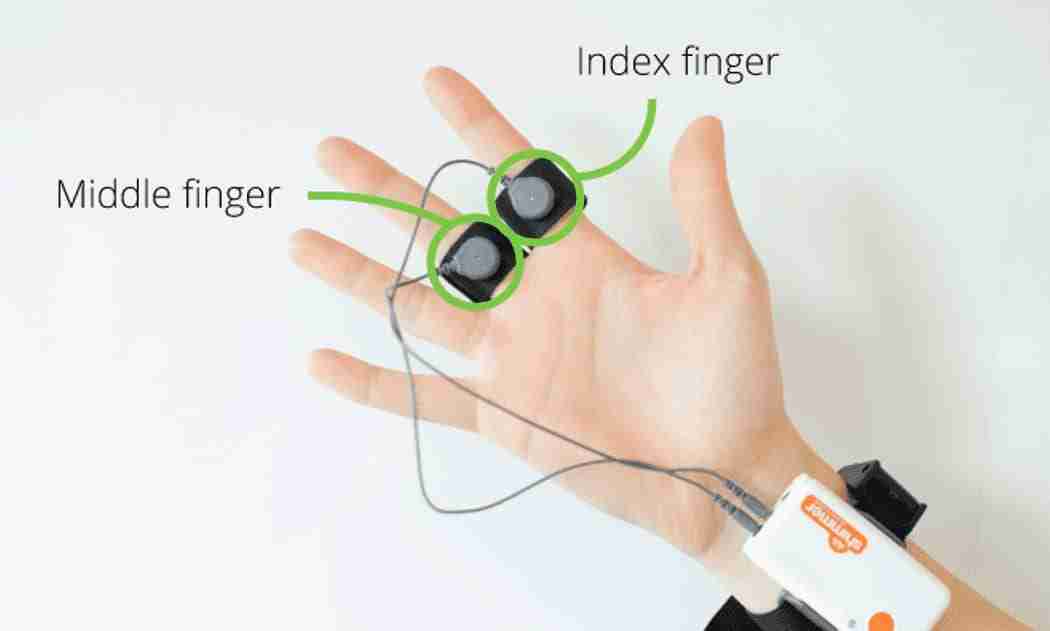Data Science
Data science is the practice of extracting meaningful insights from large and complex datasets using statistical analysis, programming, and machine learning. In market research, it helps identify patterns, predict behaviours, and support data-driven decision-making across customer segmentation, trend analysis, pricing strategies, and campaign optimisation.

